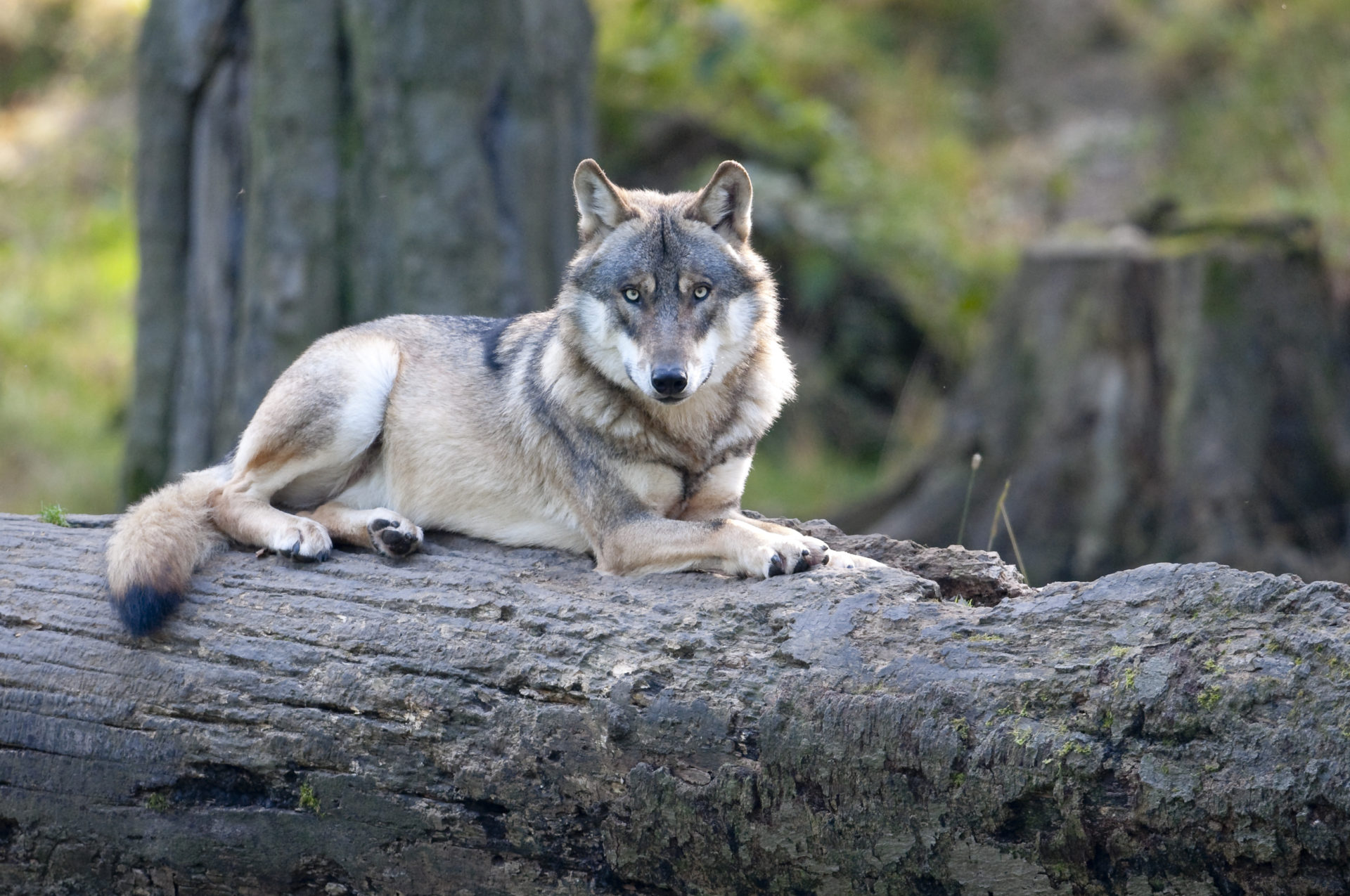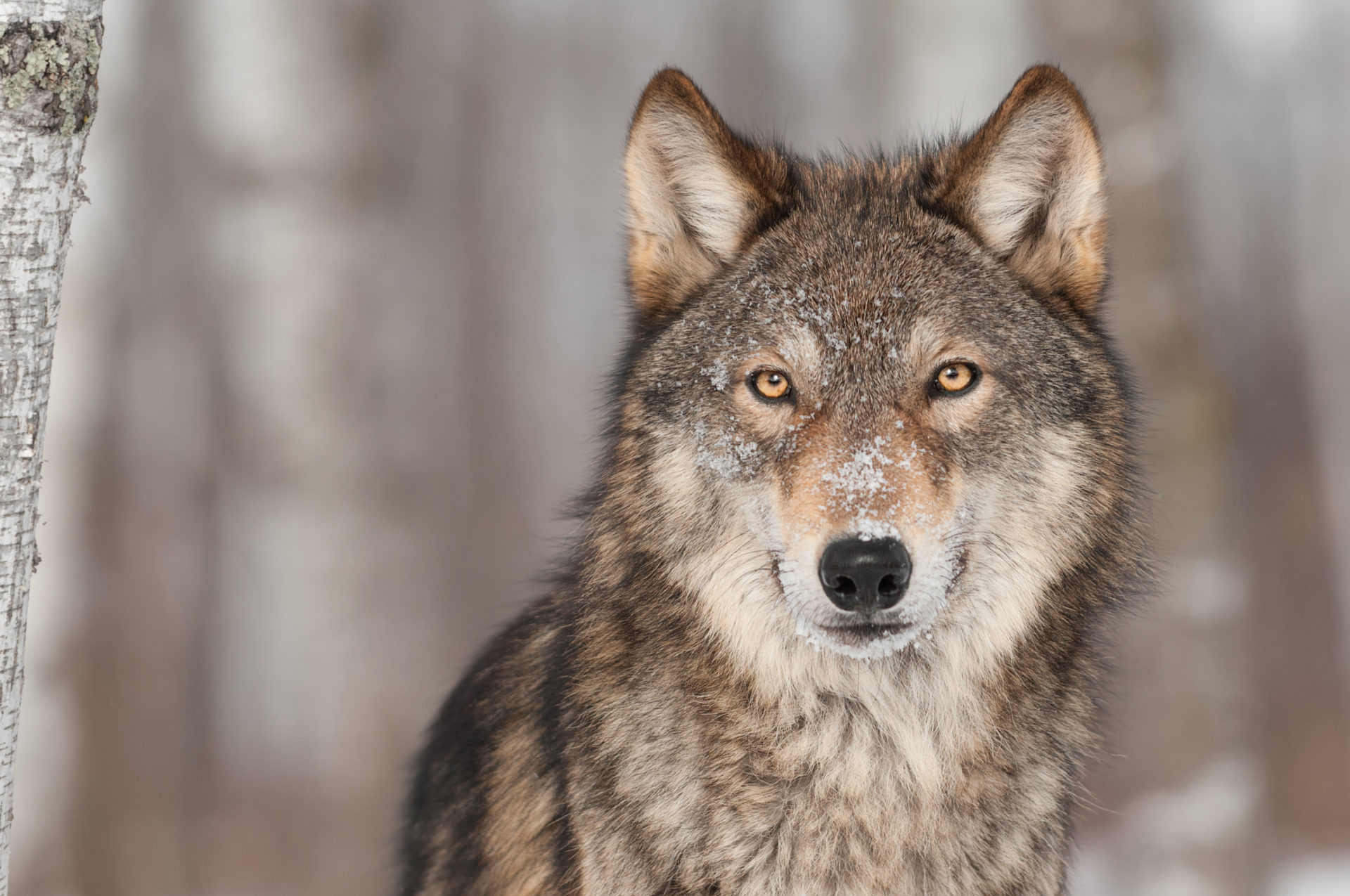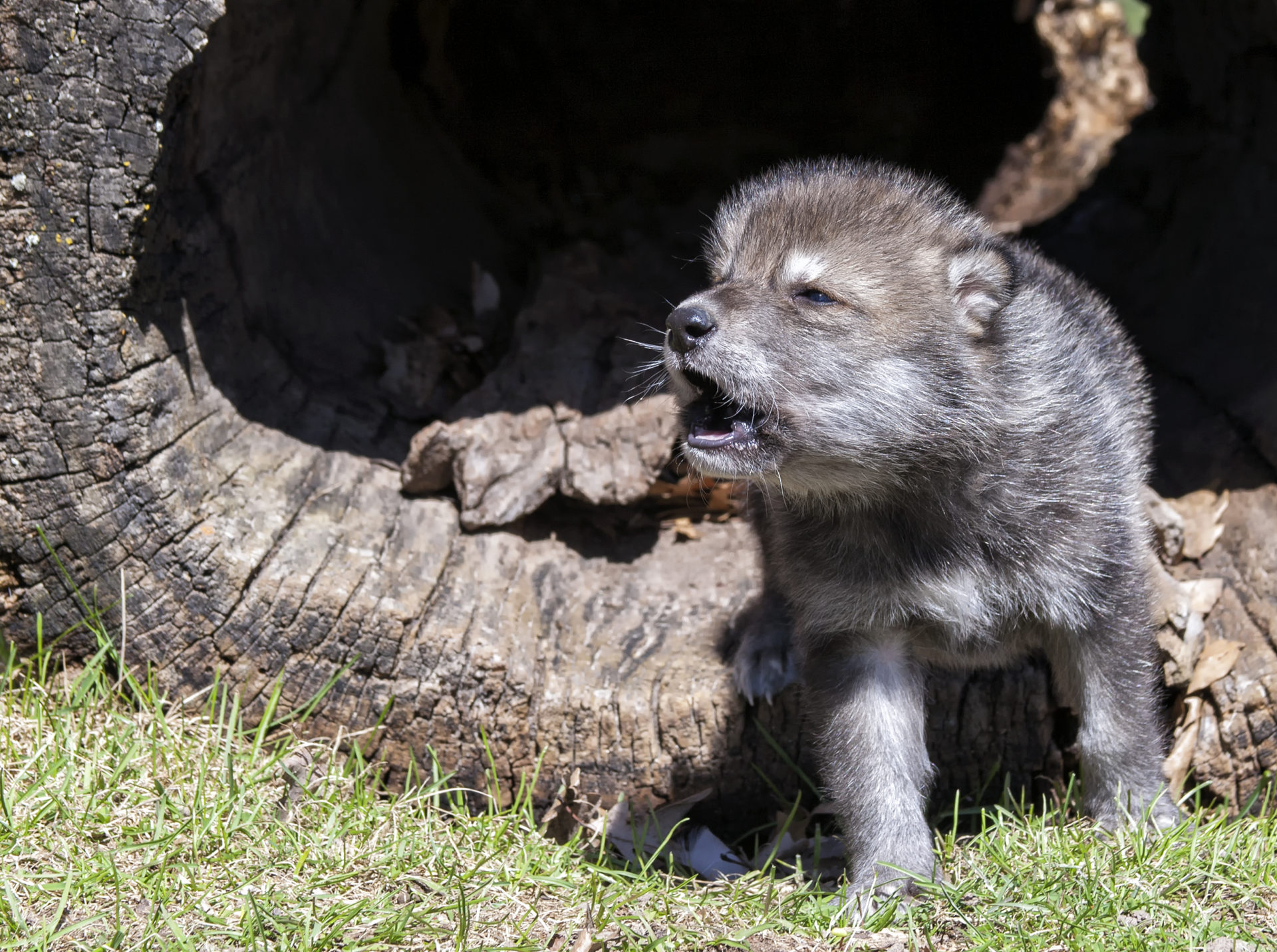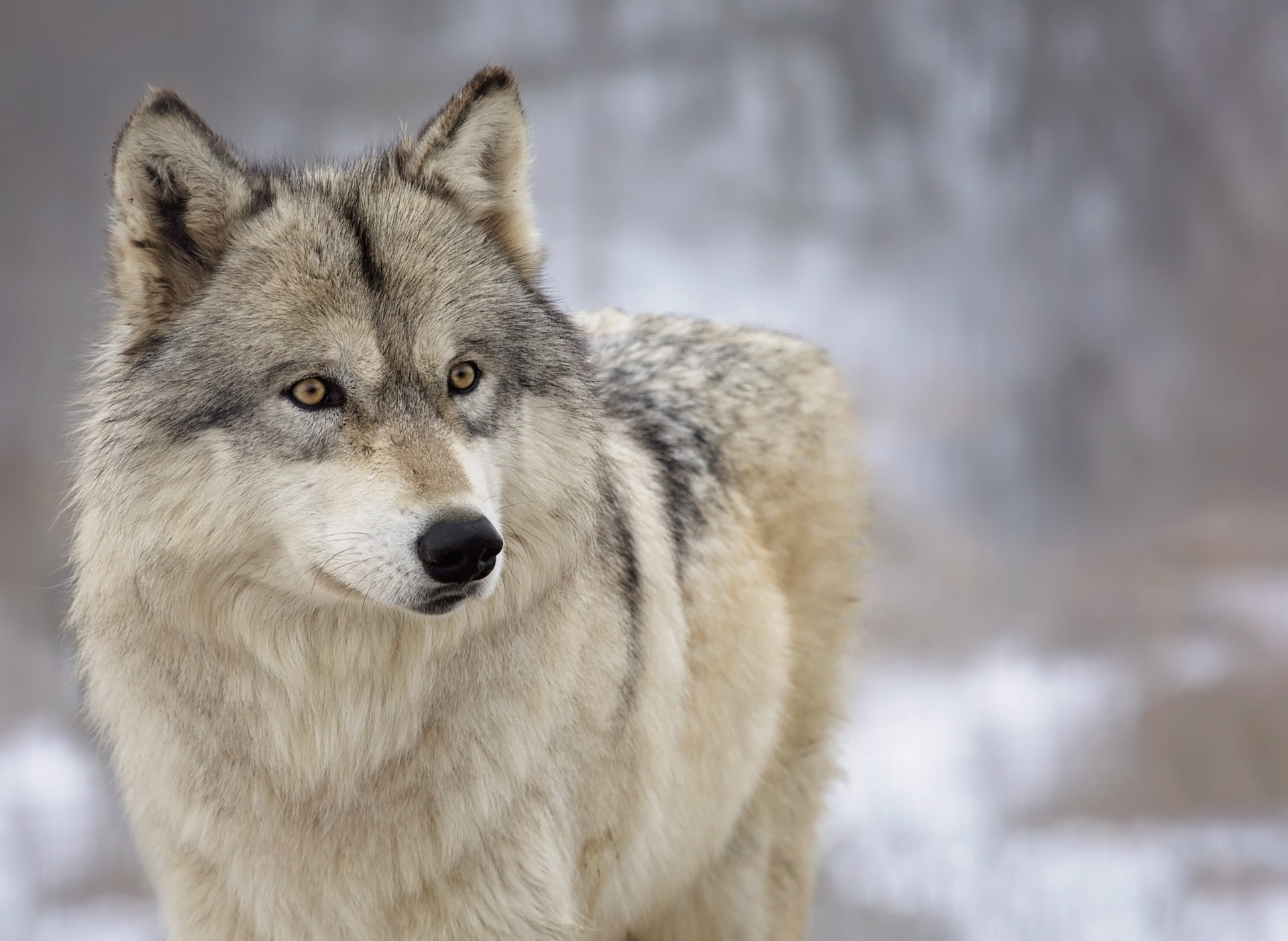Despite being so genetically similar to the man’s best friend, dog, it is a widespread belief that wolves cannot be tamed.
Install MyStart Theme for Google Chrome
Let’s find out what is it about wolves that this has been a very popular belief for almost forever and whether there’s any truth to it.
Taming VS Domestication
 Taming means the conditioned behavioral modification of a wild animal. Whereas Domestication is the permanent genetic modification of the animal. This is the thing about wolves, they have such strong sense of self, their natural instinct to hunt, sense of living in and for the pack that you may be able to tame a wolf but you will never be able to keep it like a ‘pet’.
Taming means the conditioned behavioral modification of a wild animal. Whereas Domestication is the permanent genetic modification of the animal. This is the thing about wolves, they have such strong sense of self, their natural instinct to hunt, sense of living in and for the pack that you may be able to tame a wolf but you will never be able to keep it like a ‘pet’.
Socialization Window
According to researchers, although both dogs and wolves experience socialization window but compared to dogs, wolves experience them at a very young age. Although every animal goes through a time period of experiencing Socialization window, their experience varies from one another based on their biological development.
During this time period baby animals are introduced to other animals, get familiar with their surroundings while going through sensory experiences as they develop their senses of smell, hearing and sight.
This whole phenomenon allows them to create an early comfort and familiarity that stays with them for the rest of their lives. Once this window is missed the new experiences and encountering others (animals and human alike) would be outside this comfort frame, thus will elicit fear response. According to Kathryn Lord, an Evolutionary Biologist of the University of Massachusetts, describes what they learned about the wolf cubs unique development in their research on wolves, “No one knew this about wolves, that when they begin exploring they’re blind and deaf and rely primarily on smell at this stage, so this is very exciting,”
According to Kathryn Lord, an Evolutionary Biologist of the University of Massachusetts, describes what they learned about the wolf cubs unique development in their research on wolves, “No one knew this about wolves, that when they begin exploring they’re blind and deaf and rely primarily on smell at this stage, so this is very exciting,”
Developing Hearing and Sight
As the research progressed, it was discovered that unlike puppies, wolves pups’ first develop their smelling sense, second is the hearing sense and lastly, it’s the sense of sight.
So at the time of their socialization window, they are only able to explore through smell and not see or hear anything. Thus being the very reason of what naturally limits them as they explore and create comfort with the world around them. After the smelling sense, the wolf cubs start to develop their hearing and fear most of the voices they hear. Followed by their sight next, vision too is frightening for them in the beginning as there is an incongruence in the whole picture for them at first.
After the smelling sense, the wolf cubs start to develop their hearing and fear most of the voices they hear. Followed by their sight next, vision too is frightening for them in the beginning as there is an incongruence in the whole picture for them at first.
So, as a result, they experience a new round of sensory shock that instead strengthens their defensive behavior and wolves attack when frightened. The very reason why they are more likely to pounce on something frightful and unfamiliar than accept it or be trained to accept it. Thats why it is extremely difficult to domesticate wolves.
Born to be Wild
It is better that one understands that it is in the very nature of a wolf to stay wild. No matter how hard you work in training them, their wild-side will not go away. Cases have been seen where wolf pups were taken at a very young age and trained.
Although they tend to develop acceptance and bonds with their humans but sooner or later they are faced with incidents and accidents that their wild nature coincides with. Thus, giving the owner no choice but to put the animal down.  This need to be understood that wolves cannot and should not be expected to be tamed. They have their own social behavior, rules and structures within the packs which do not allow them to completely comply with humans. Let them be where they truly belong and appreciate them from a far place.
This need to be understood that wolves cannot and should not be expected to be tamed. They have their own social behavior, rules and structures within the packs which do not allow them to completely comply with humans. Let them be where they truly belong and appreciate them from a far place.
Install MyStart Theme for Google Chrome










